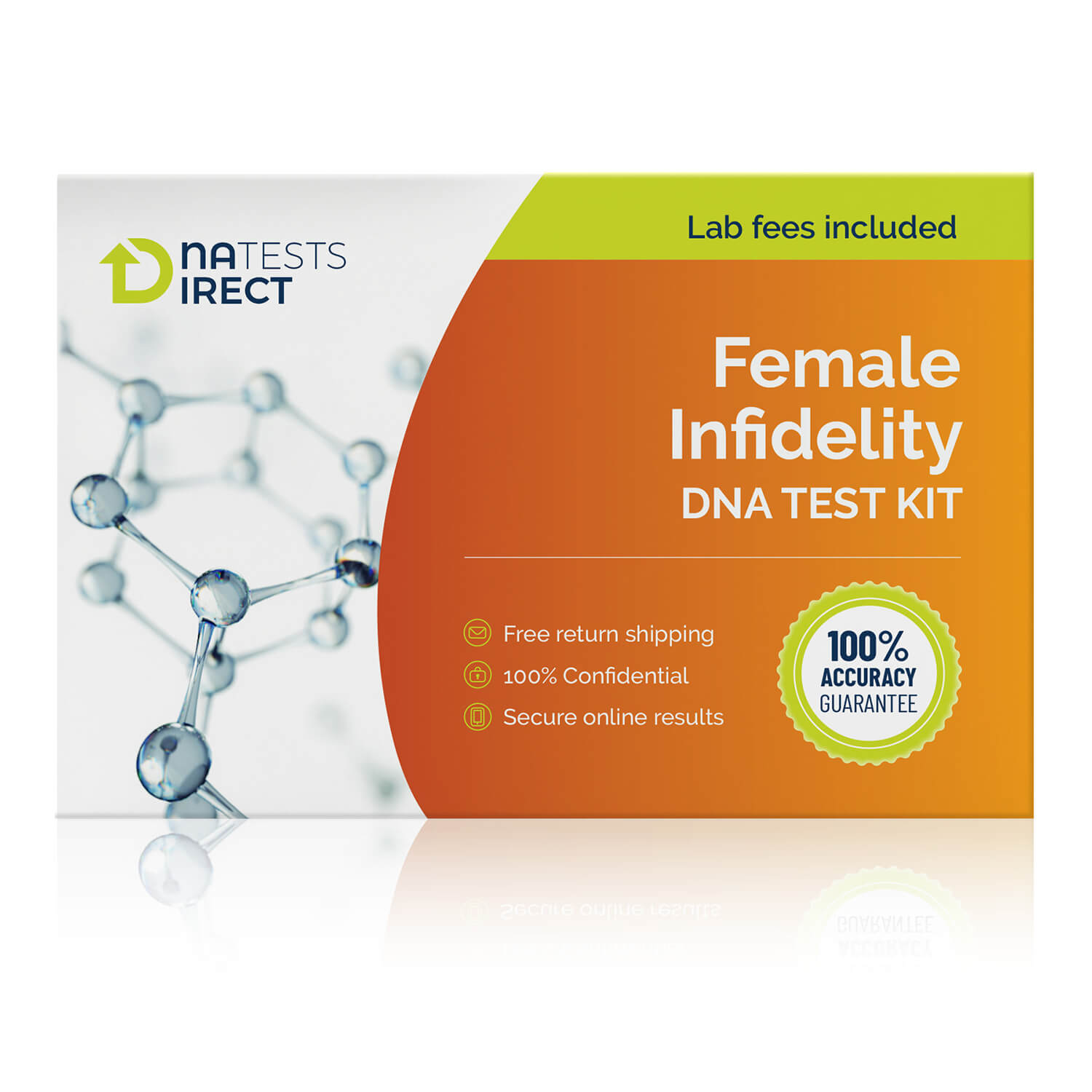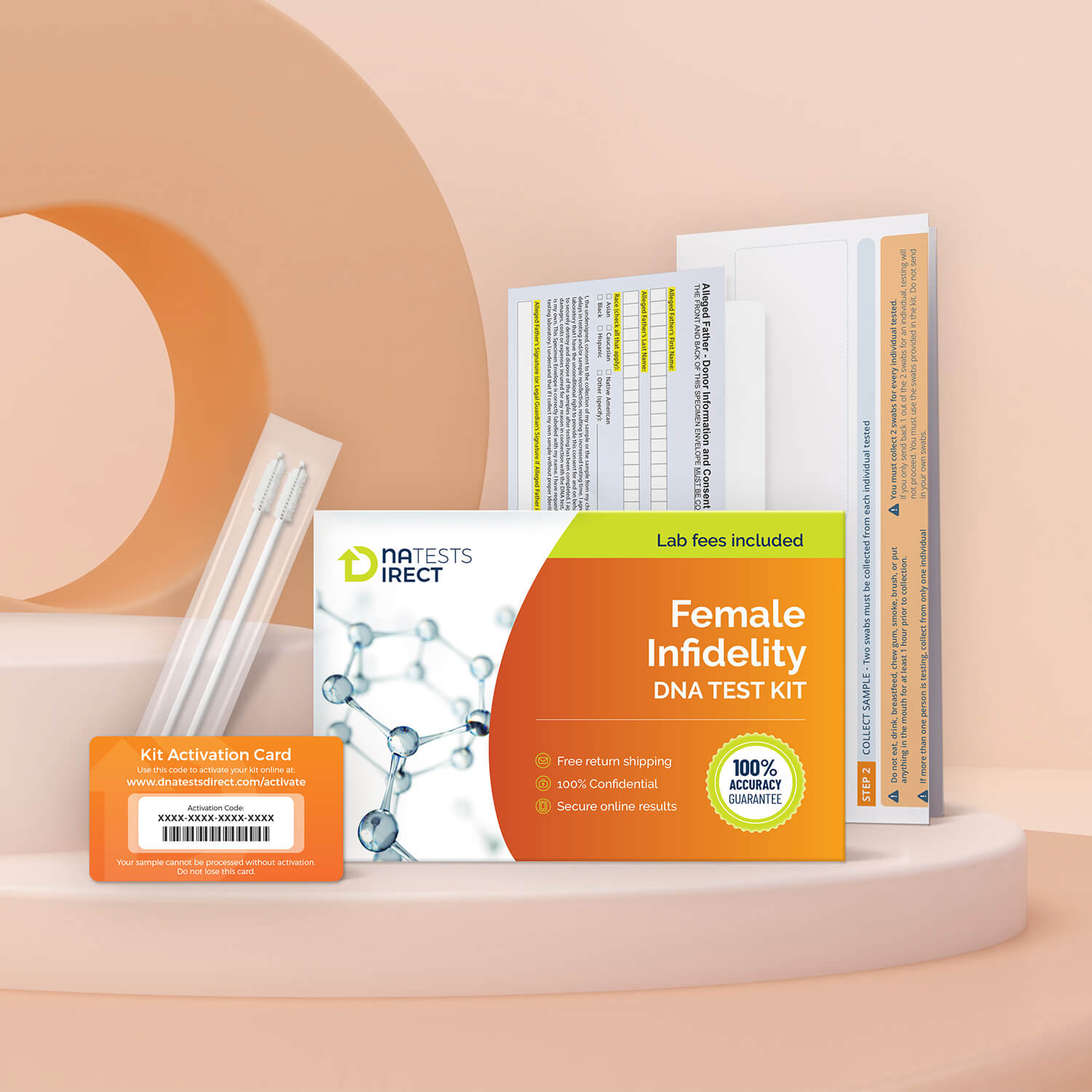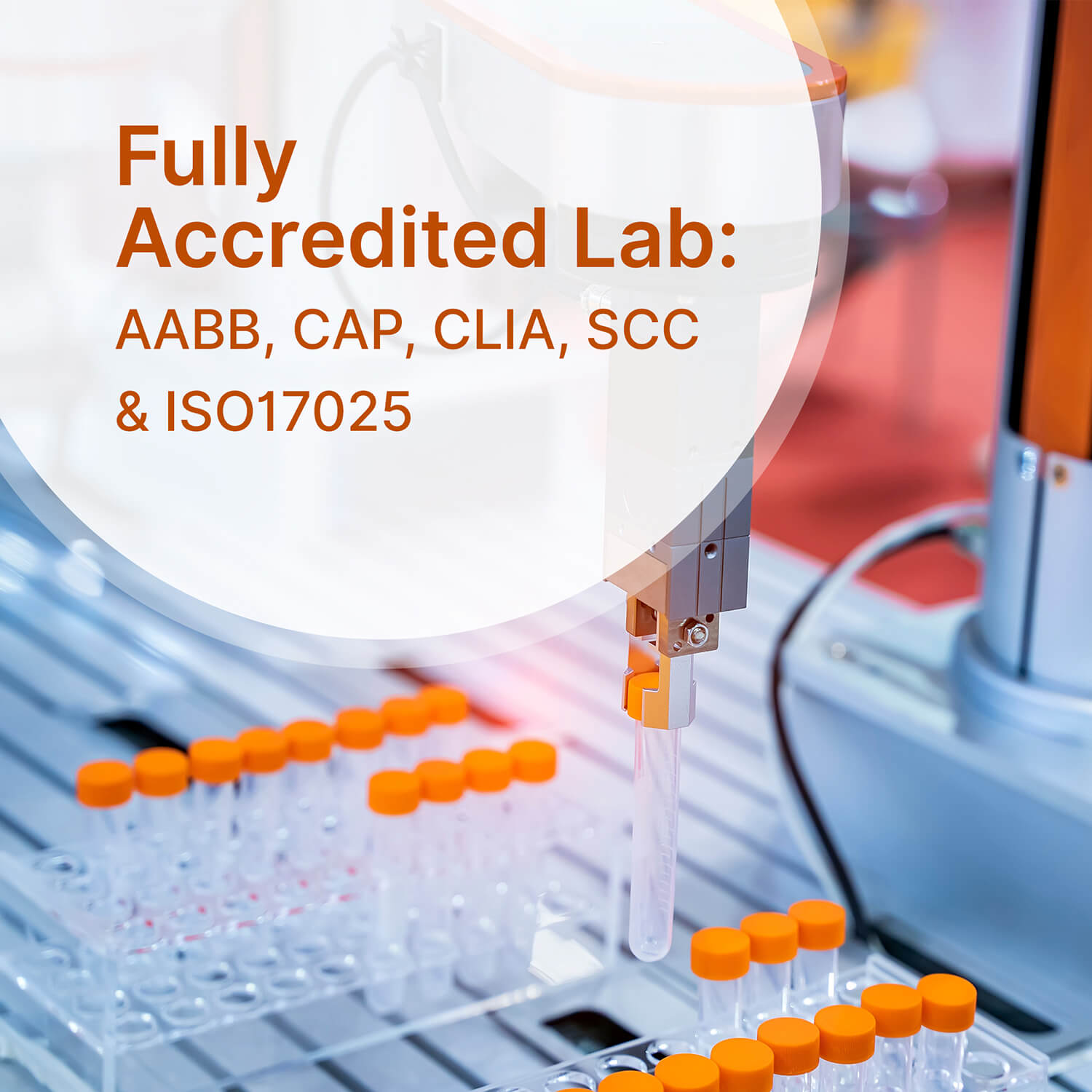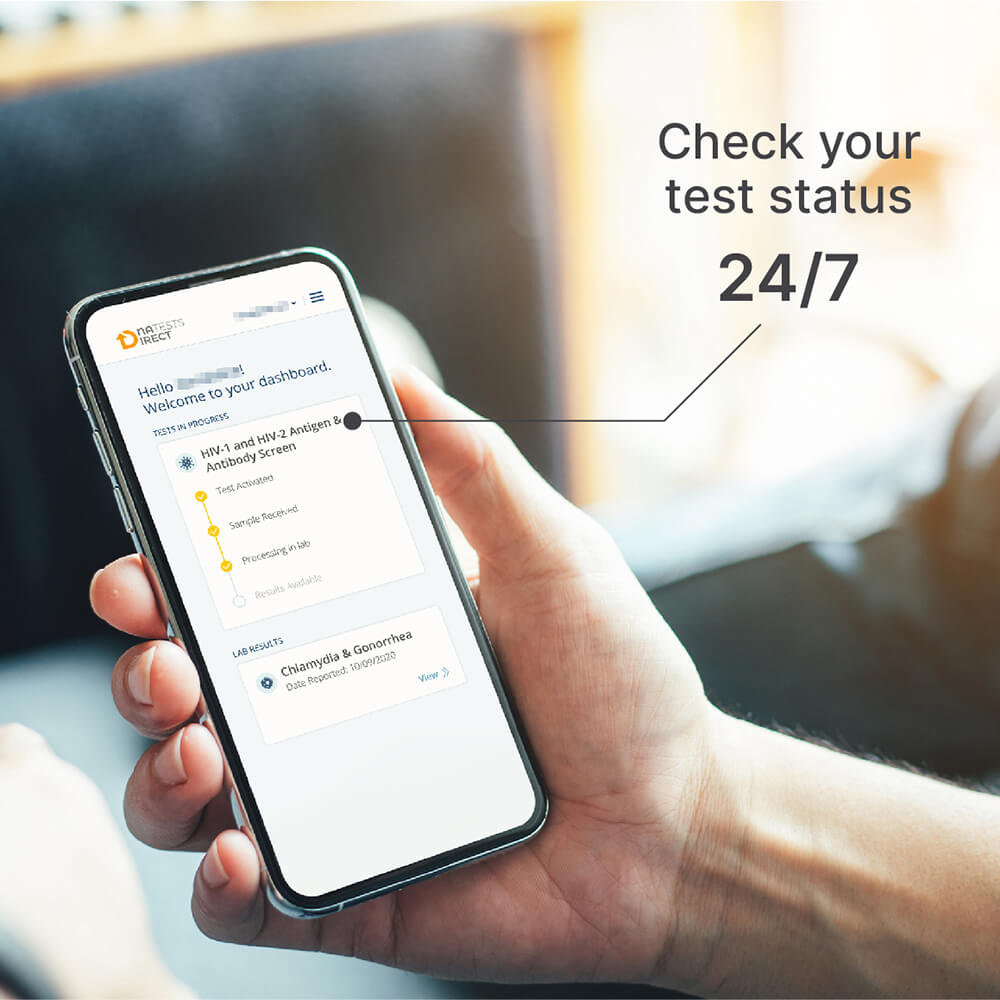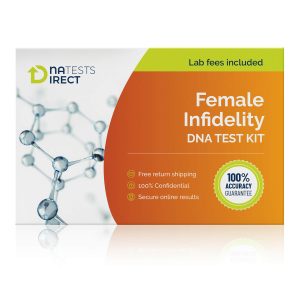 DNA Female Infidelity Gene Test
DNA Female Infidelity Gene TestDNA Female Infidelity Gene Test
$149
What is the “female infidelity” gene?
The “female infidelity” gene refers to five genetic variants of the AVPR1A gene. Each of these variants are associated with an increased likelihood of extrapair mating or cheating in women.
- Online Results: Receive confidential results through a secure online portal, ensuring your privacy and peace of mind at every step.
- Painless Sampling: Collect your DNA samples with easy-to-use mouth swabs – no blood or needles required.
How It Works

Order
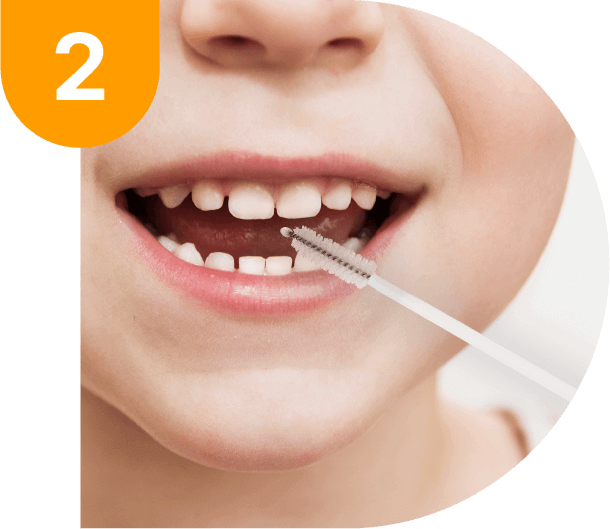
Send
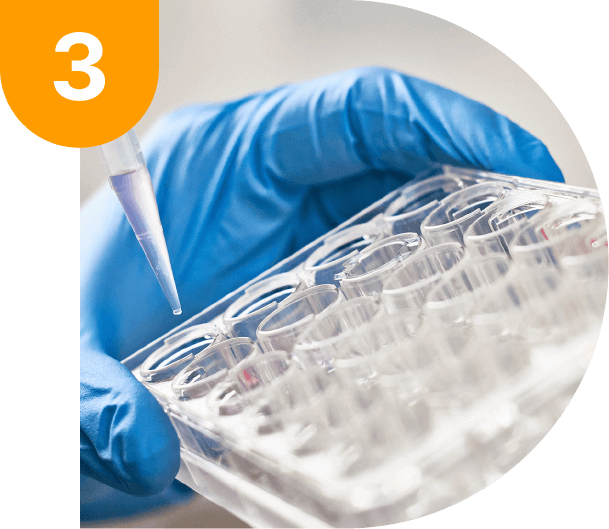
Receive your results

Results
What is the AVPR1A gene?
The AVPR1A gene encodes the arginine vasopressin receptor 1A, which binds vasopressin and transmits the signal into the cells. Vasopressin is a hormone or chemical messenger that promotes water retention in the kidneys and increases blood pressure. Most of these effects take place when vasopressin is released into the blood stream. Vasopressin can also be released directly into the brain and influence social and sexual behavior (such as infidelity). When this signal transmission is disrupted, as in the case of “female infidelity” gene, there is an increased likelihood of extrapair mating or cheating.
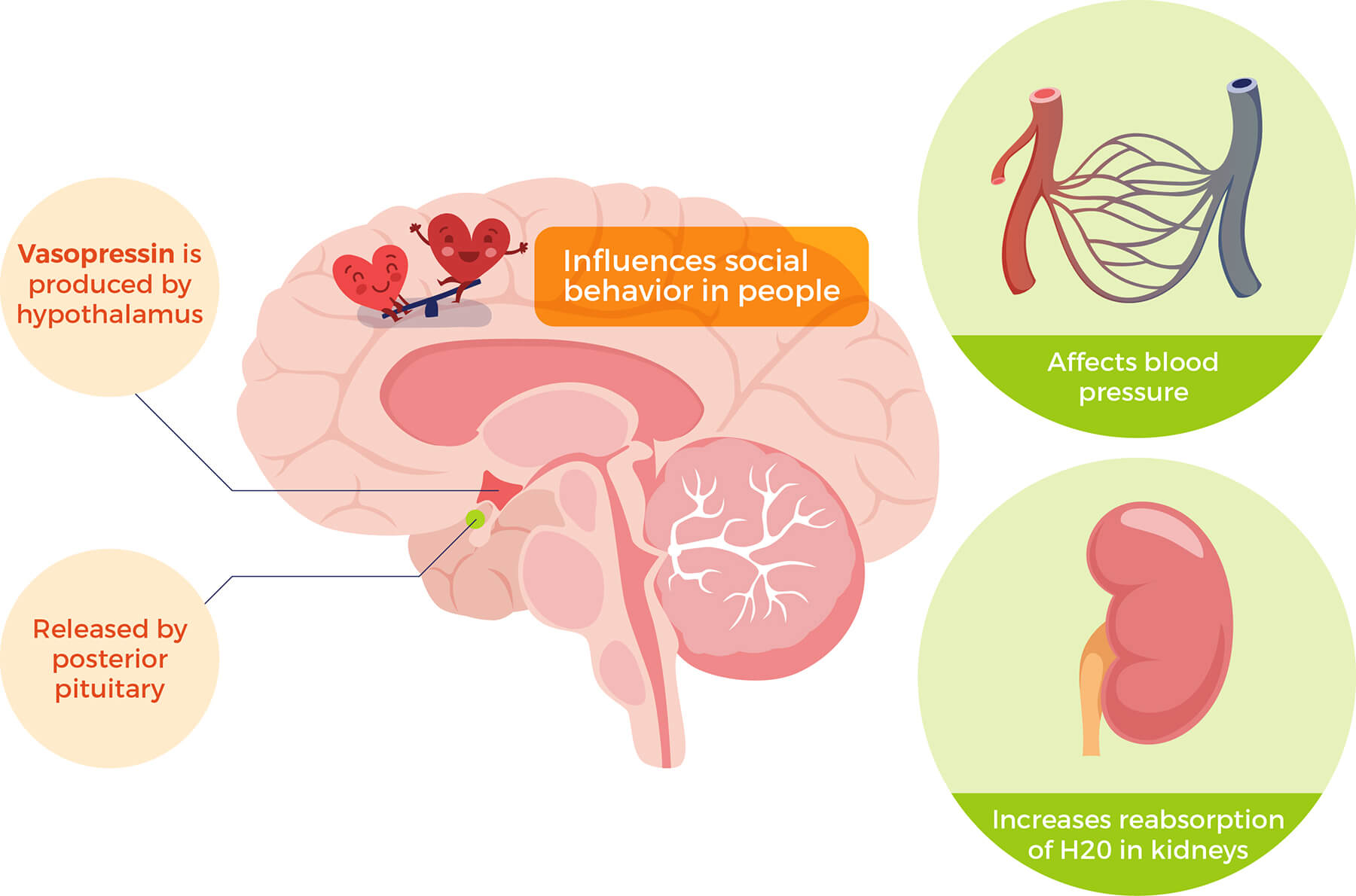
The Genetics of Female Infidelity
The AVPR1A gene, located on chromosome 12, plays a role in social and relationship behaviors. Each person inherits two copies of this gene—one from each parent. A simple DNA test can identify which versions of AVPR1A an individual has. Research has linked specific minor alleles (less common genetic variants) in this gene to a higher likelihood of infidelity in women. These variants occur at the following markers:
- rs10877970
- rs10877969
- rs3021529
- rs11174811
- rs1587097
By analyzing these genetic markers, individuals can gain insight into how their DNA may influence relationship behaviors.
Conditions Linked to the AVPR1A Gene
Genetic variations in the AVPR1A gene have been associated with a higher likelihood of infidelity in both men and women. In addition to this, changes in the AVPR1A gene have also been linked to several other conditions, including:
- Autism spectrum disorder
- Altruistic behavior
- Addictive behaviors
- Eating disorders
- Social behaviors, such as interactions between siblings
These variations demonstrate the gene’s influence on a broad range of behaviors and conditions, emphasizing its role in both social and psychological aspects of life.
Frequently Asked Questions
Once your sample is received by our laboratory, processing usually takes 6-8 weeks. You will receive an email notification when your results are ready, and you can access your detailed report through a secure online portal.
We take data privacy seriously. Your results are confidential and only shared with you. We do not share your results with insurance companies, employers, or any other third parties.
Why DNA Tests Direct?
Accredited Excellence
Your Privacy, Protected
Expert Support
Related Test Kits
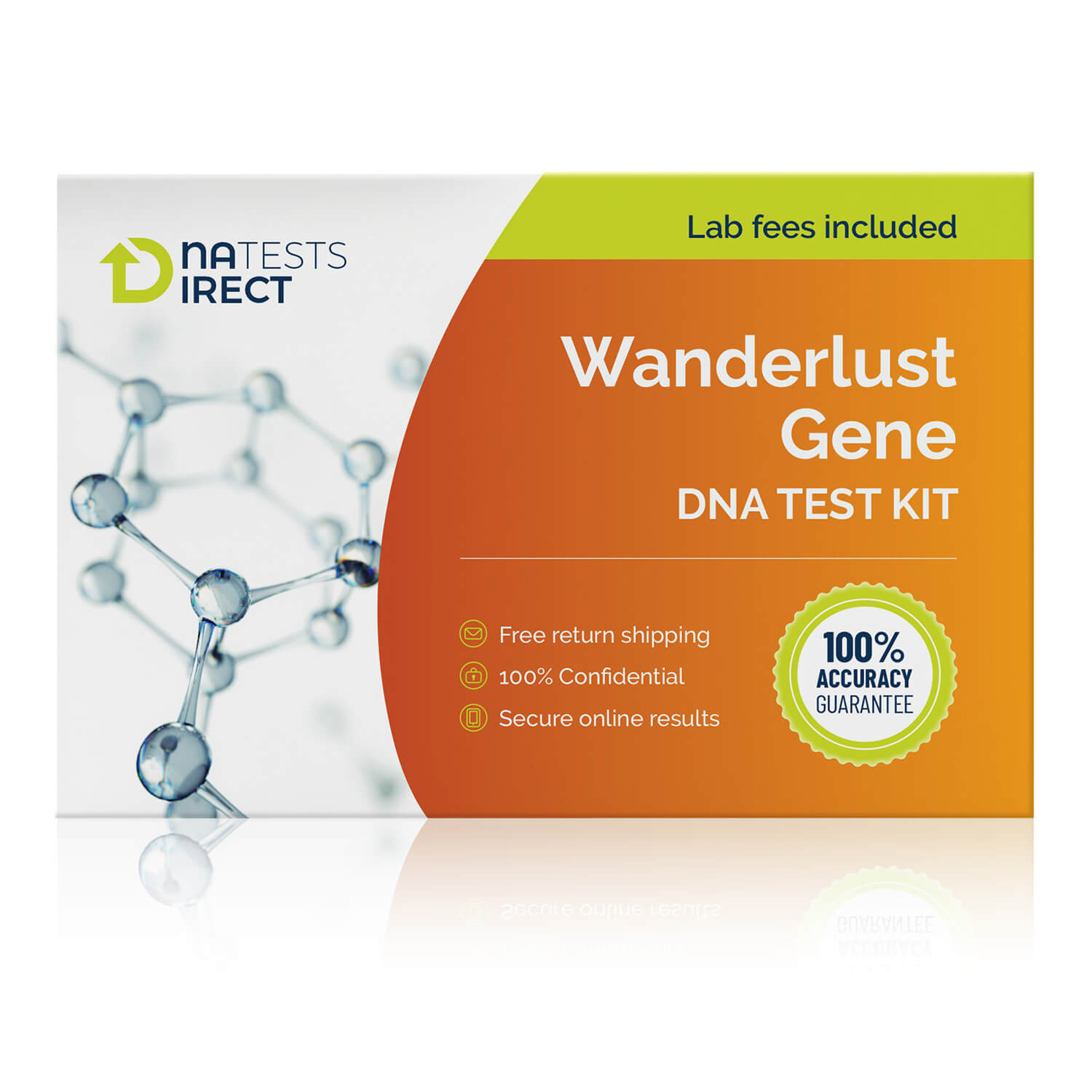
$149
Discover if you have the “wanderlust gene” with our at-home DNA test, which examines the DRD4 gene to determine if you have a variant associated with a love of travel and adventure.
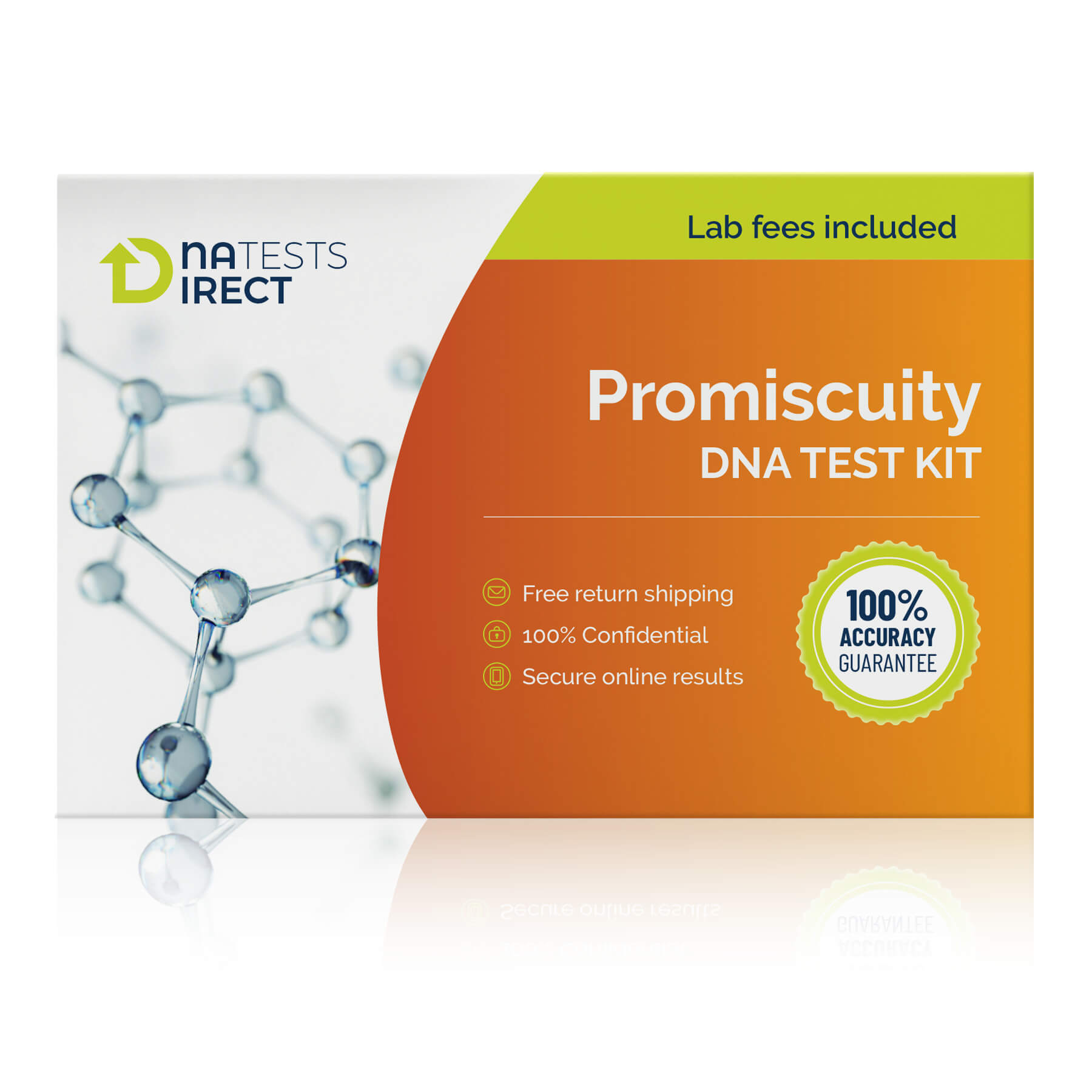
$149
Are you prone to being promiscuous? It could be because of your genes. Find out if you have the “promiscuity” gene with this test.
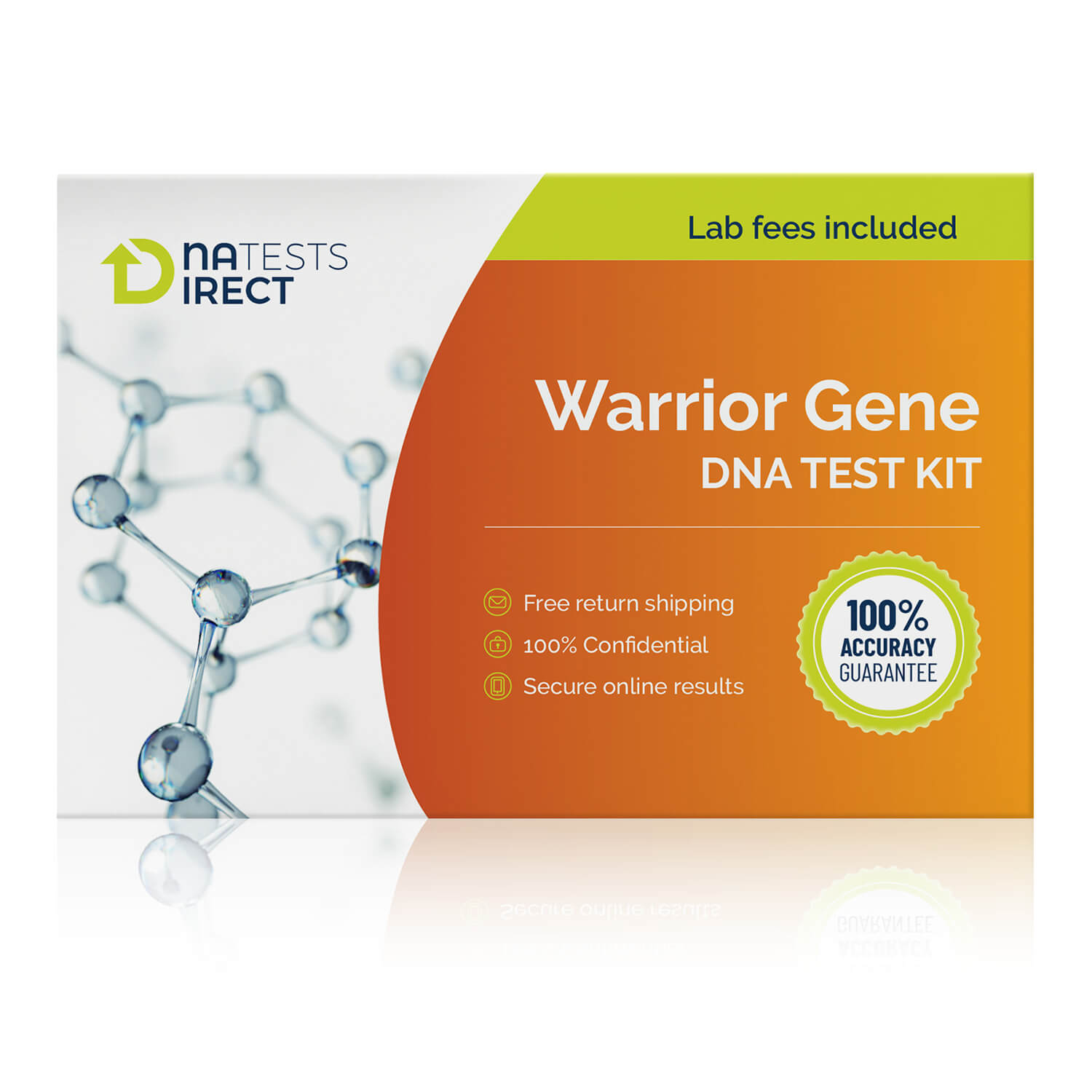
$149
Are you a risk-taker? Do you thrive under pressure? Discover your genetic predisposition for aggression, risk-taking, and other key traits with our easy-to-use, at-home Warrior Gene DNA Test.
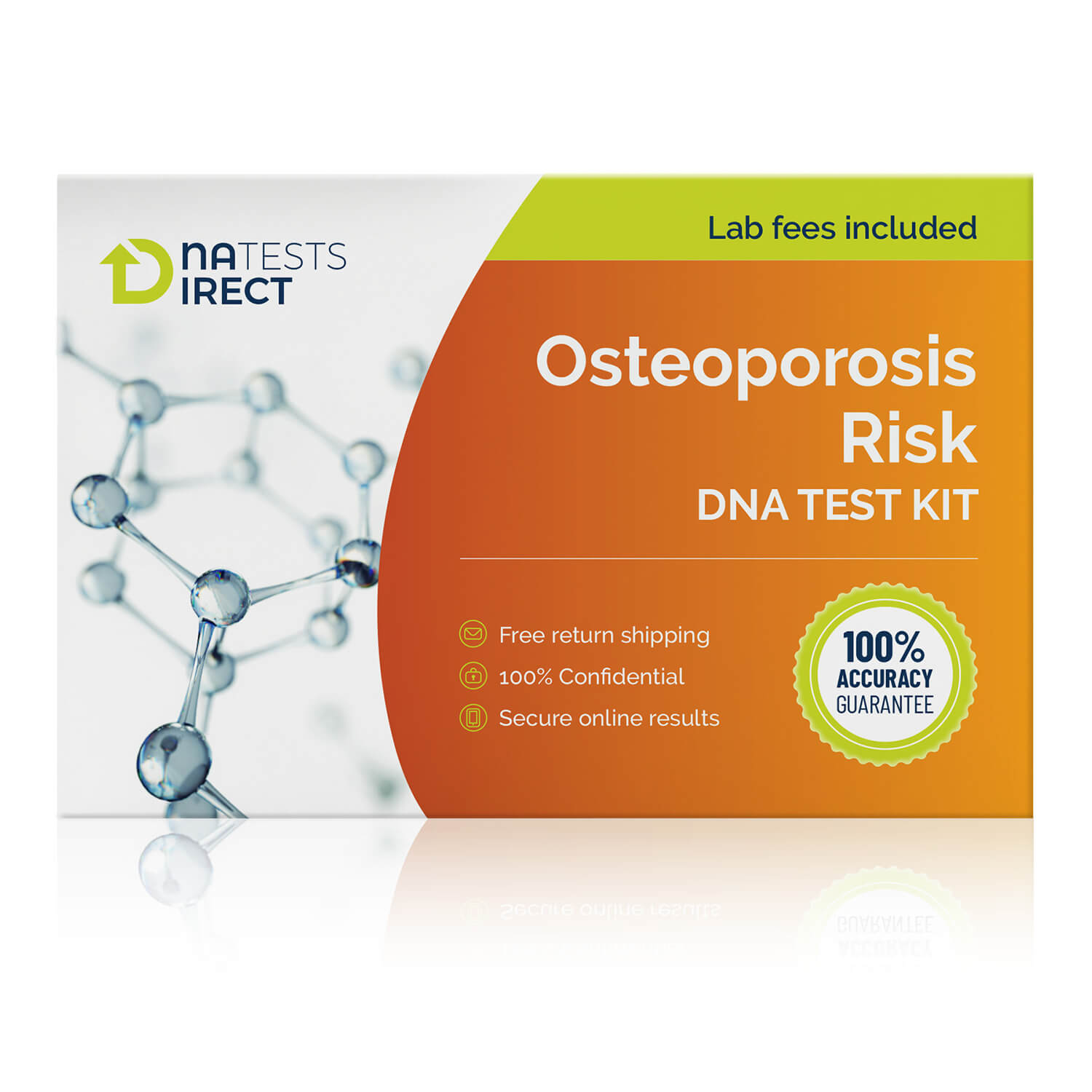
$195
Your genes play a role in your bone health and risk of osteoporosis. Find out if you are at increased risk, so you can make lifestyle changes today to improve your bone strength.
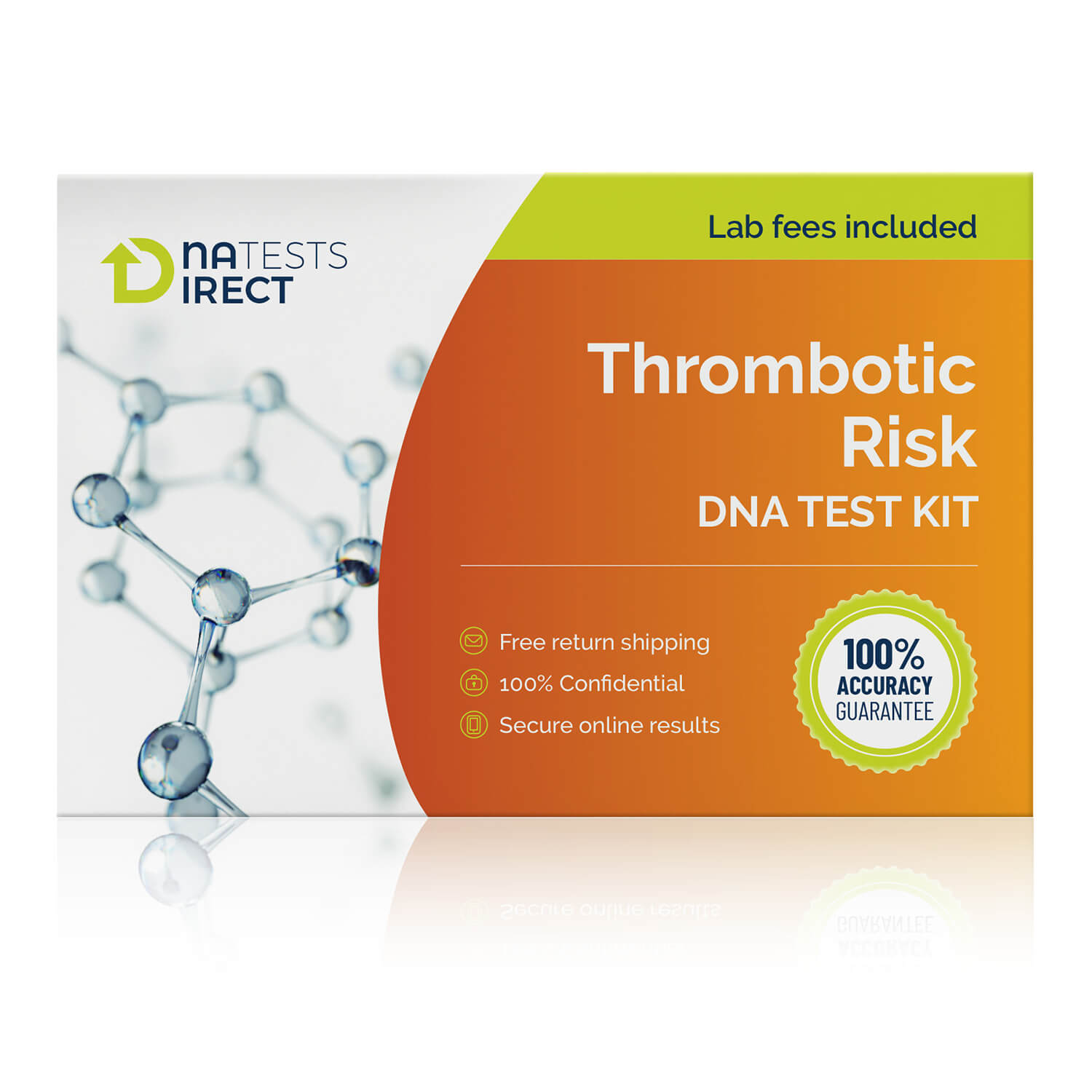
$195
Blood clots are painful and can be life-threatening. Do you carry genetic variants that increase the likelihood of developing blood clots?
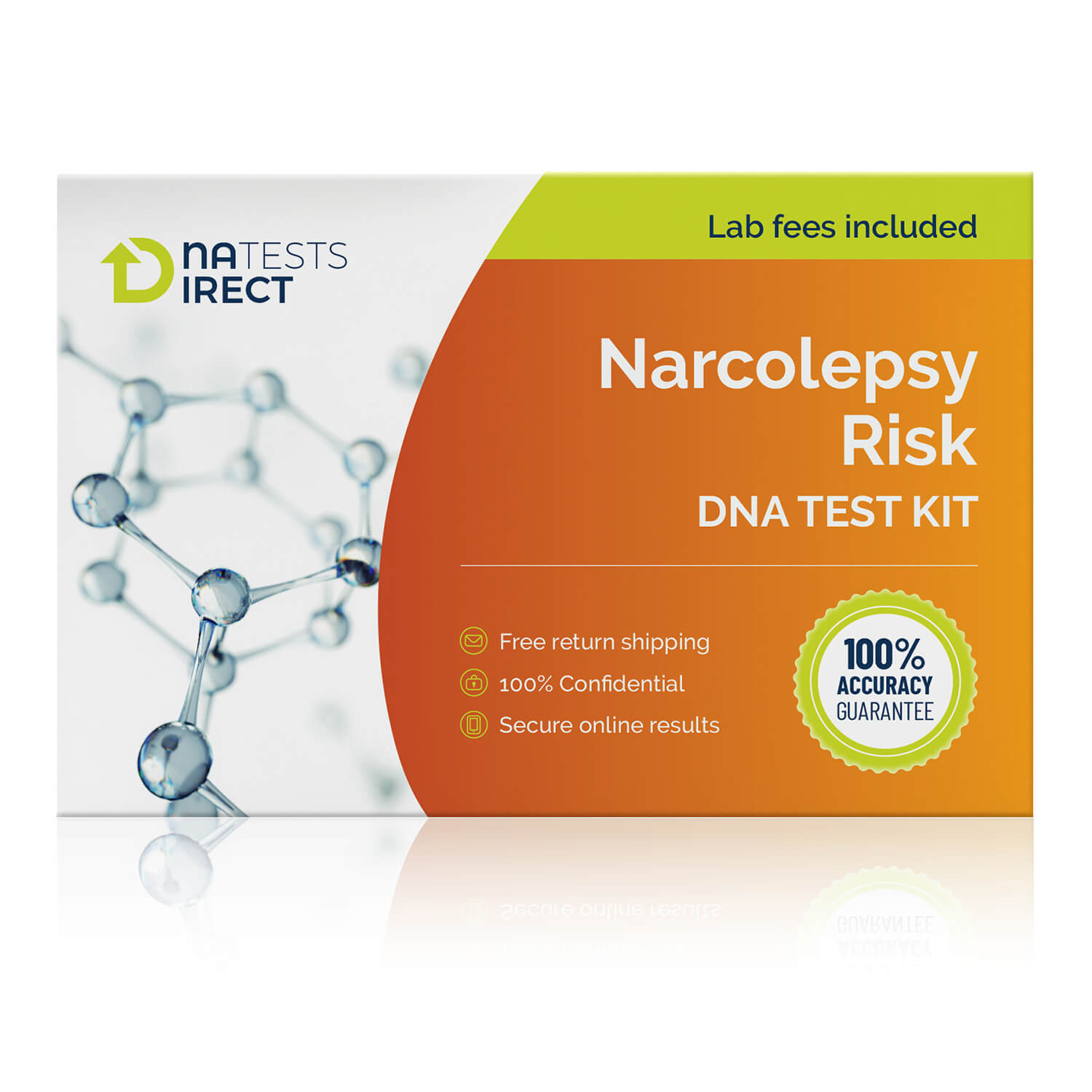
$195
Could your extreme sleepiness be due to narcolepsy? See if you carry the genetic variant associated with an increased risk of narcolepsy.

$149 $271
Find out the likelihood of a true biological relationship between a potential aunt/uncle and niece/nephew.

$149 $271
Confirm whether a potential mother is the true biological mother of a child.

